 Be careful what your getting into when you attend a timeshare presentation. While you may get a “free” vacation for sitting through the sales pitch, you could be getting into more trouble then it is worth. This was the case for over one hundred purchasers of timeshares who bought from Festiva Resorts, LLC and Festiva Development Group, LLC. Festiva held sales presentations in New Orleans, Louisiana, for points based timeshares memberships.
Be careful what your getting into when you attend a timeshare presentation. While you may get a “free” vacation for sitting through the sales pitch, you could be getting into more trouble then it is worth. This was the case for over one hundred purchasers of timeshares who bought from Festiva Resorts, LLC and Festiva Development Group, LLC. Festiva held sales presentations in New Orleans, Louisiana, for points based timeshares memberships.
In two separate suits, plaintiffs sought for damages alleging they were subjected to high pressure sales tactics coercing the buyers into signing purchasing documents without reading them. Moreover, the plaintiffs stated in their petitions they were not provided with documents as described in the selling documents. Essentially, the claim boiled down to being the victims of unfair and deceptive practices on the part of Festiva. The group of people seek for the contracts to be declared null and void, in addition to money back for all of the charges they had incurred and reversal of negative actions taken by creditors.
Festiva argued to the court that the cases did not satisfy the requirements for joinder and therefore the trial court erred in not requiring each case be tried individually. The law applying to joinder in Louisiana is “Two or more parties may be joined in the same suit, either as plaintiffs or as defendants, if: (1) There is a community of interest between the parties joined; (2) Each of the actions cumulated is within the jurisdiction of the court and is brought in the proper venue; and (3) All of the actions cumulated are mutually consistent and employ the same form of procedure.” La. C.C.P art. 463. Essentially if the parties contain similar community of interest, venue where the harm took place, and procedure by which the harm occurred it is proper for the court to allow the cases to be joined together.
 Louisiana Personal Injury Lawyer Blog
Louisiana Personal Injury Lawyer Blog


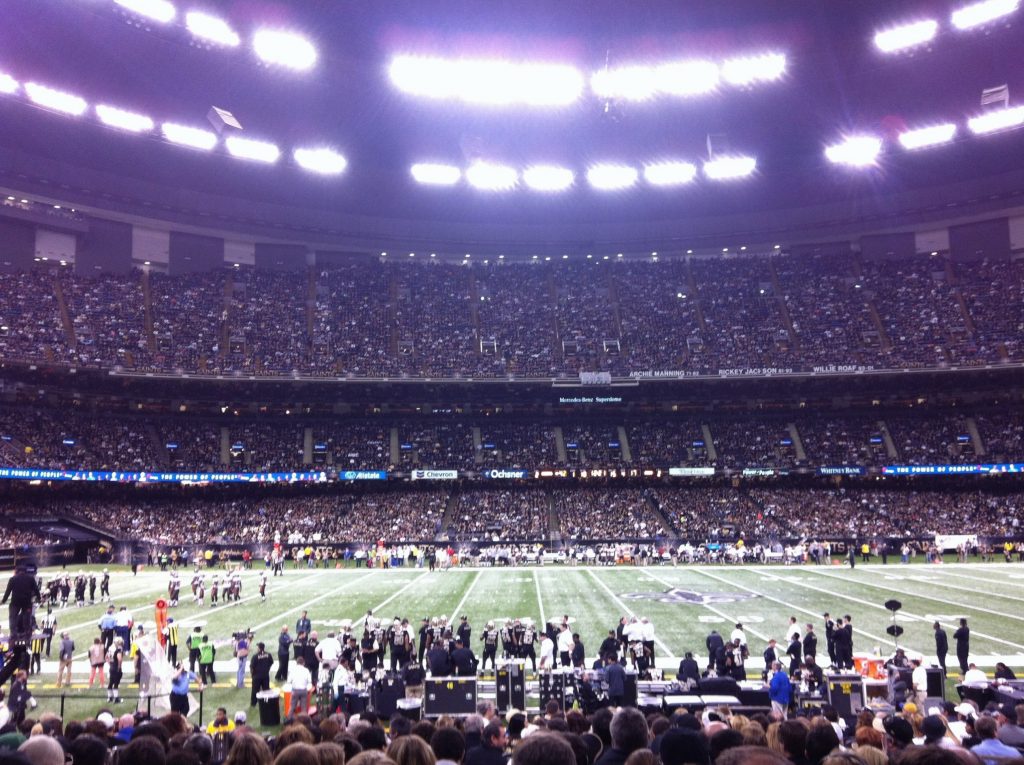 Putting on a festival at the New Orleans Superdome is a lot of work. One vital part of that work is to confirm that the insurance policy actually covers the activities and location of the festival. Festival Productions, Inc. – New Orleans (“FPINO”) learned this lesson the costly and hard way. The Louisiana Fourth Circuit Court of Appeal’s decision shows the gaping hole in FPINO’s coverage that was entirely avoidable.
Putting on a festival at the New Orleans Superdome is a lot of work. One vital part of that work is to confirm that the insurance policy actually covers the activities and location of the festival. Festival Productions, Inc. – New Orleans (“FPINO”) learned this lesson the costly and hard way. The Louisiana Fourth Circuit Court of Appeal’s decision shows the gaping hole in FPINO’s coverage that was entirely avoidable. 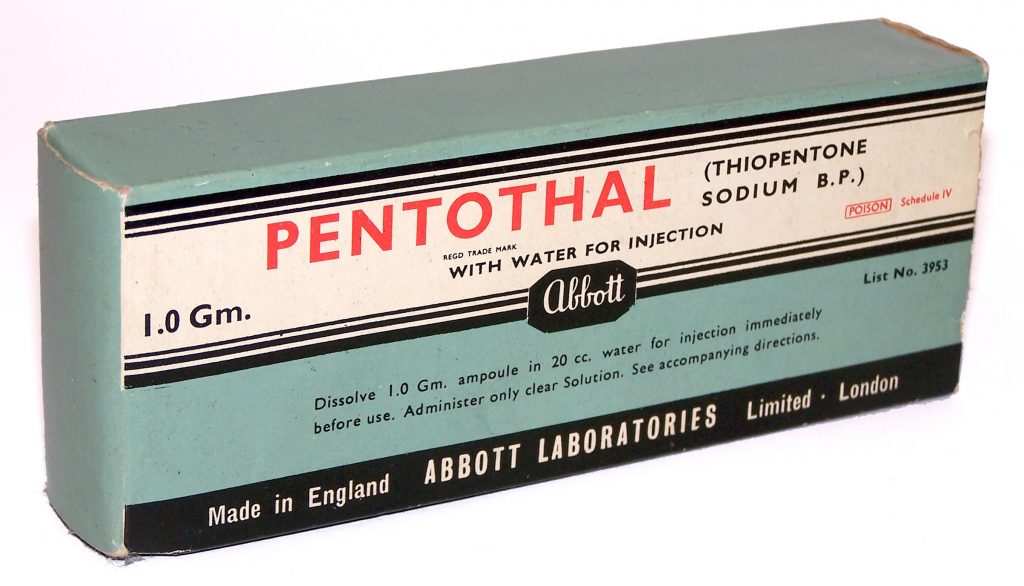 Credibility is an important factor that the court requires in a witness to determine truthfulness in their testimony. If the court does not believe a plaintiff or a defendant he could lose his case. In this case, the plaintiff, lacked credibility due to inconsistencies in his testimony about his pre-existing medical condition.
Credibility is an important factor that the court requires in a witness to determine truthfulness in their testimony. If the court does not believe a plaintiff or a defendant he could lose his case. In this case, the plaintiff, lacked credibility due to inconsistencies in his testimony about his pre-existing medical condition. 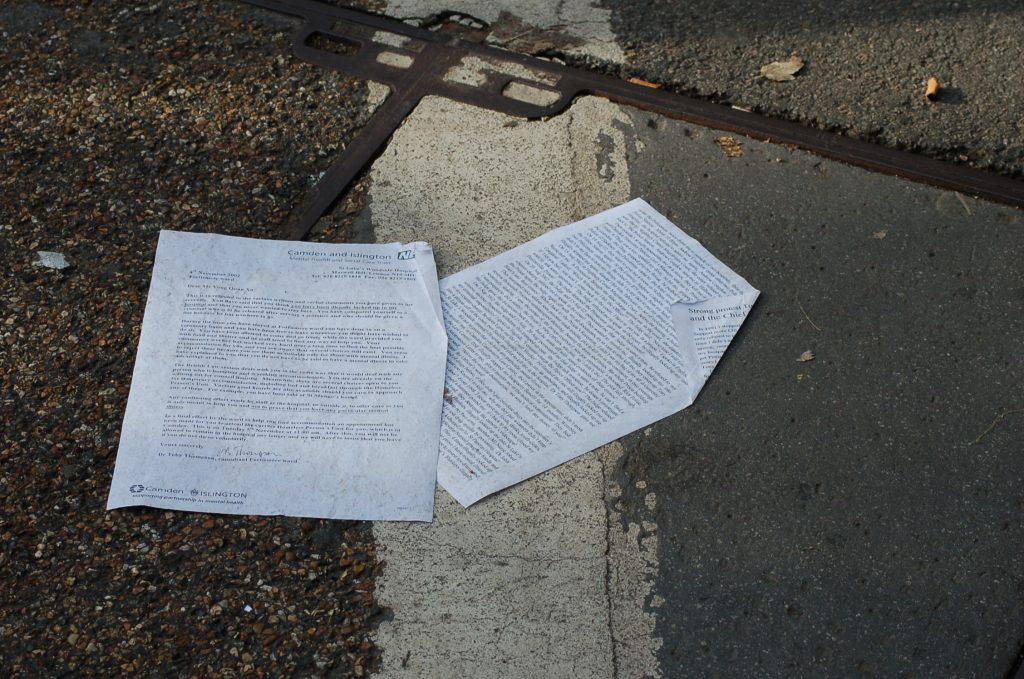 Insurance policies can still be intact even if the insured fails to pay if the insurance company fails to follow the proper protocol in informing the insured that he or she no longer has coverage. State Farm found themselves liable for coverage in just a situation.
Insurance policies can still be intact even if the insured fails to pay if the insurance company fails to follow the proper protocol in informing the insured that he or she no longer has coverage. State Farm found themselves liable for coverage in just a situation.  Medical malpractice generally involves subpar medical treatment that causes injury or death. The plaintiff, either the injured person or that person’s family, would need to show the court that the healthcare provider was negligent while administering the medical treatment. On the other hand, the healthcare provider as the defendant may argue that there was no negligence. The provider may also argue that the court should dismiss the case all together because the plaintiff does not have the evidence to show any wrong-doing. In the face of such opposition from defendants, there is a need for a good lawyer to build the strategy and prepare the case.
Medical malpractice generally involves subpar medical treatment that causes injury or death. The plaintiff, either the injured person or that person’s family, would need to show the court that the healthcare provider was negligent while administering the medical treatment. On the other hand, the healthcare provider as the defendant may argue that there was no negligence. The provider may also argue that the court should dismiss the case all together because the plaintiff does not have the evidence to show any wrong-doing. In the face of such opposition from defendants, there is a need for a good lawyer to build the strategy and prepare the case.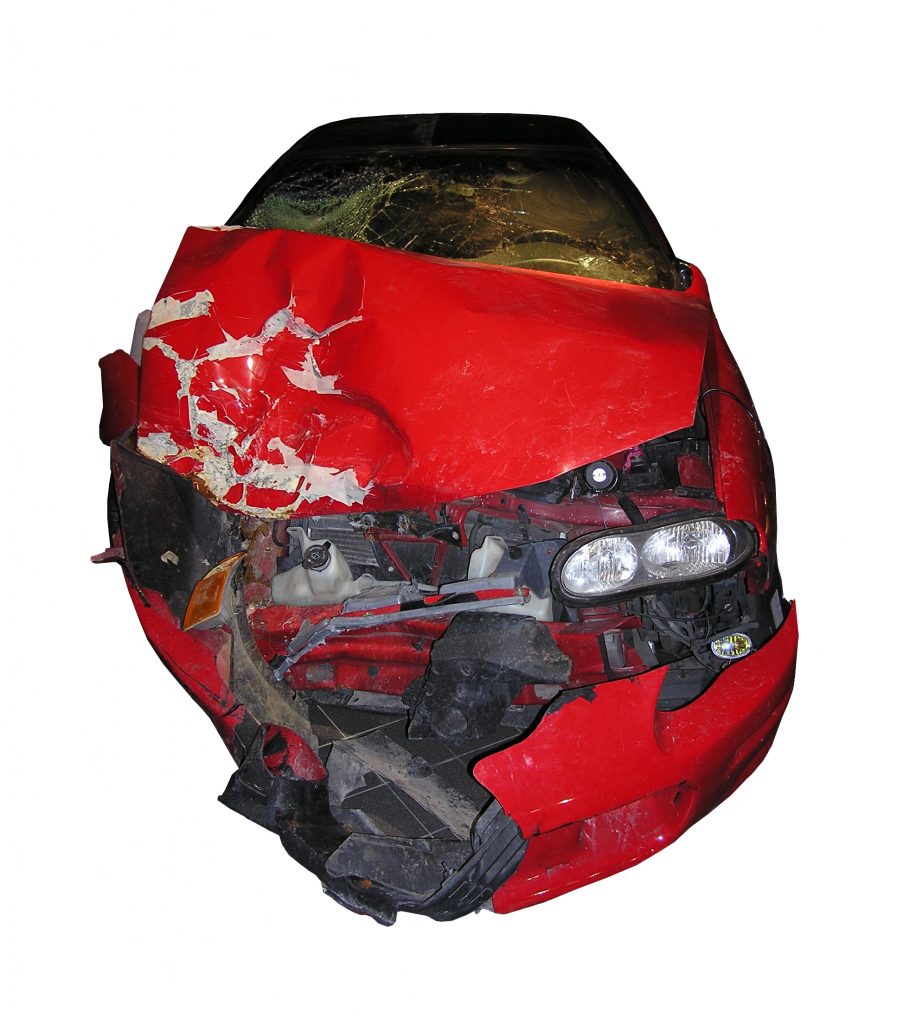 Anytime you get in a car can be a life and death situation. While no one ever wants to think about the worst, what will your insurance cover if the worst does happen. Your policy may not only need to cover you and those injured, it could need to cover your employer if you were driving in the scope of your employment.
Anytime you get in a car can be a life and death situation. While no one ever wants to think about the worst, what will your insurance cover if the worst does happen. Your policy may not only need to cover you and those injured, it could need to cover your employer if you were driving in the scope of your employment.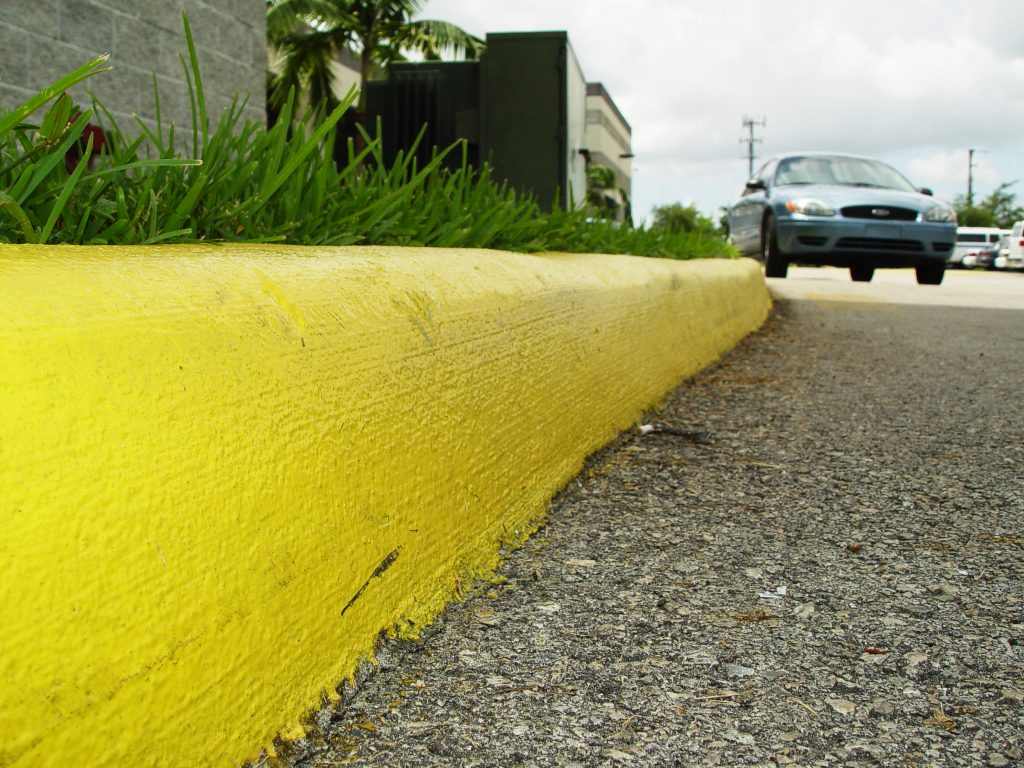 Our court system includes rules that aim to promote court efficiency. Some of the rules may sound intimidating, but having a good attorney, one who is able to build a strong strategy and with strong knowledge of the rules, makes the necessary difference. One such rule is called res judicata – Latin for “a matter judged.” Unfortunately, Mr. Springer, a resident of Nannie O’Neal Senior Apartments on Oneal Street in DeRidder, Louisiana recently lost his case because of failing to understand how this rule applied.
Our court system includes rules that aim to promote court efficiency. Some of the rules may sound intimidating, but having a good attorney, one who is able to build a strong strategy and with strong knowledge of the rules, makes the necessary difference. One such rule is called res judicata – Latin for “a matter judged.” Unfortunately, Mr. Springer, a resident of Nannie O’Neal Senior Apartments on Oneal Street in DeRidder, Louisiana recently lost his case because of failing to understand how this rule applied.
 In workers’ compensation cases, the employee has the burden of proving that an on-the-job accident occurred. He or she must do so by a preponderance of evidence. Generally, an employee can do this by presenting witness testimony and documentary evidence. But what happens when there is no witness to the alleged accident? A recent case from the Louisiana Third Circuit Court of Appeal discusses how an employee can establish his or her workers’ compensation claim when there is no witness to the alleged on-the-job injury.
In workers’ compensation cases, the employee has the burden of proving that an on-the-job accident occurred. He or she must do so by a preponderance of evidence. Generally, an employee can do this by presenting witness testimony and documentary evidence. But what happens when there is no witness to the alleged accident? A recent case from the Louisiana Third Circuit Court of Appeal discusses how an employee can establish his or her workers’ compensation claim when there is no witness to the alleged on-the-job injury. In Louisiana, the Workers’ Compensation Act allows injured employees to recover workers’ compensation benefits from their employer. This act establishes a medical treatment schedule and procedure under which an injured employee can request authorization for medical treatment from his or her employer. A recent decision of the Louisiana Third Circuit Court of Appeal discusses these specific procedures, and how injured employees may appeal denials of requests for medical procedures.
In Louisiana, the Workers’ Compensation Act allows injured employees to recover workers’ compensation benefits from their employer. This act establishes a medical treatment schedule and procedure under which an injured employee can request authorization for medical treatment from his or her employer. A recent decision of the Louisiana Third Circuit Court of Appeal discusses these specific procedures, and how injured employees may appeal denials of requests for medical procedures.